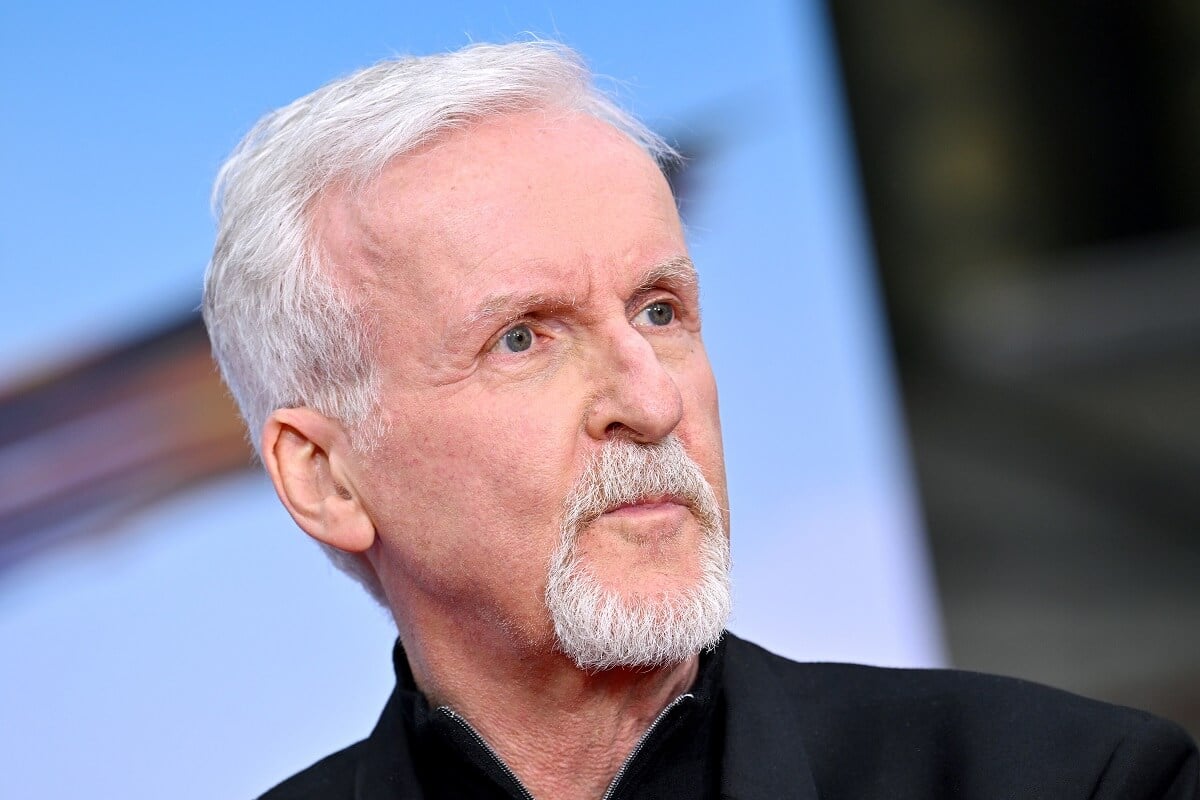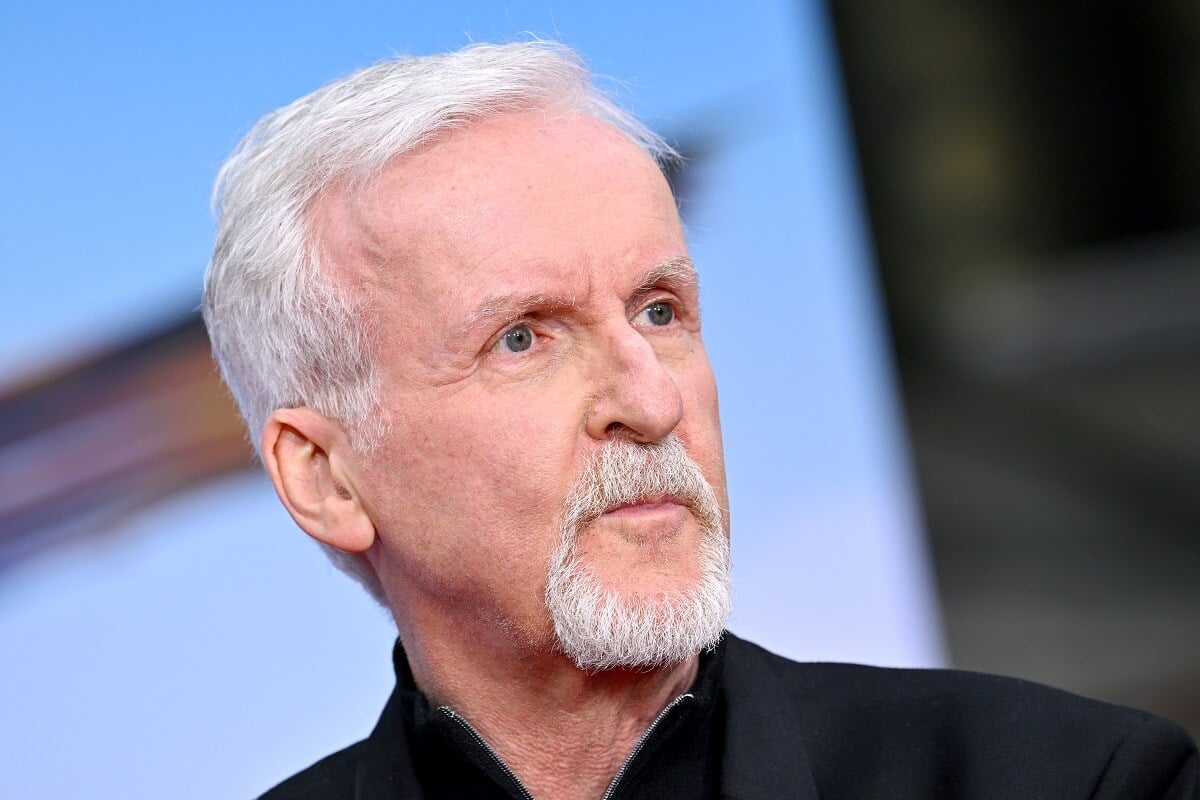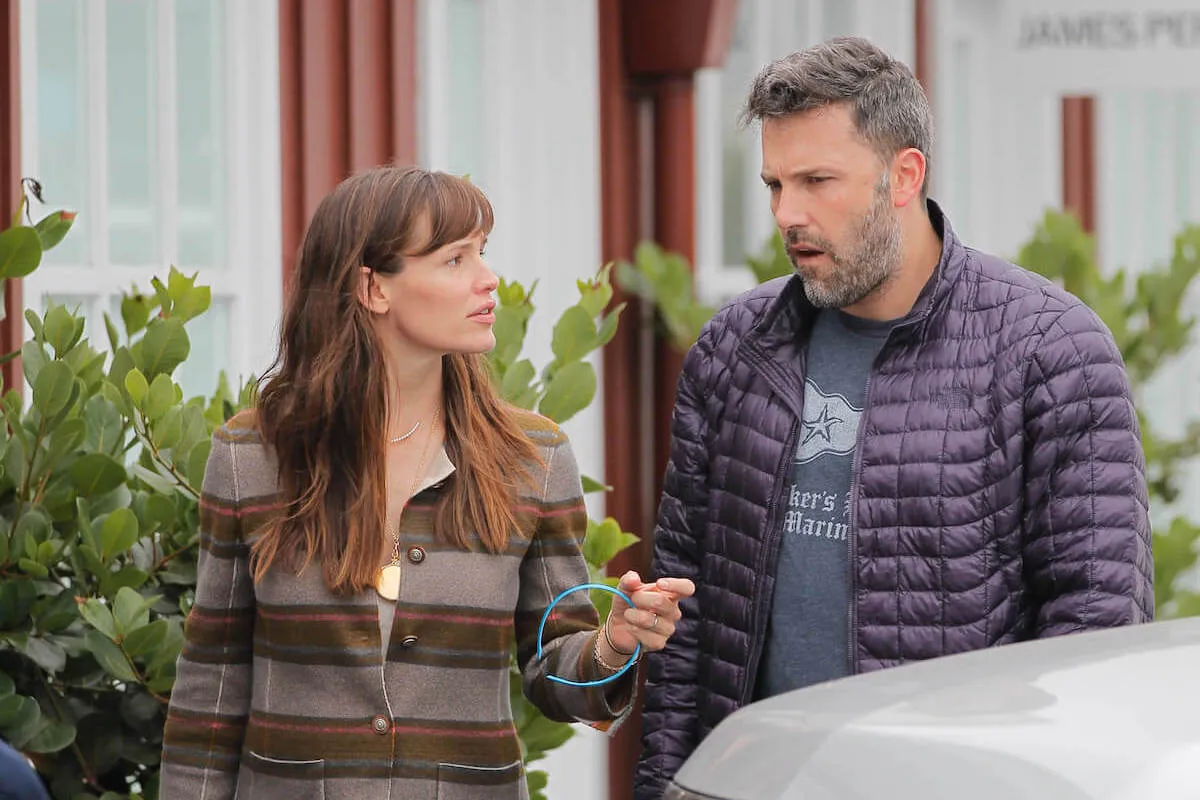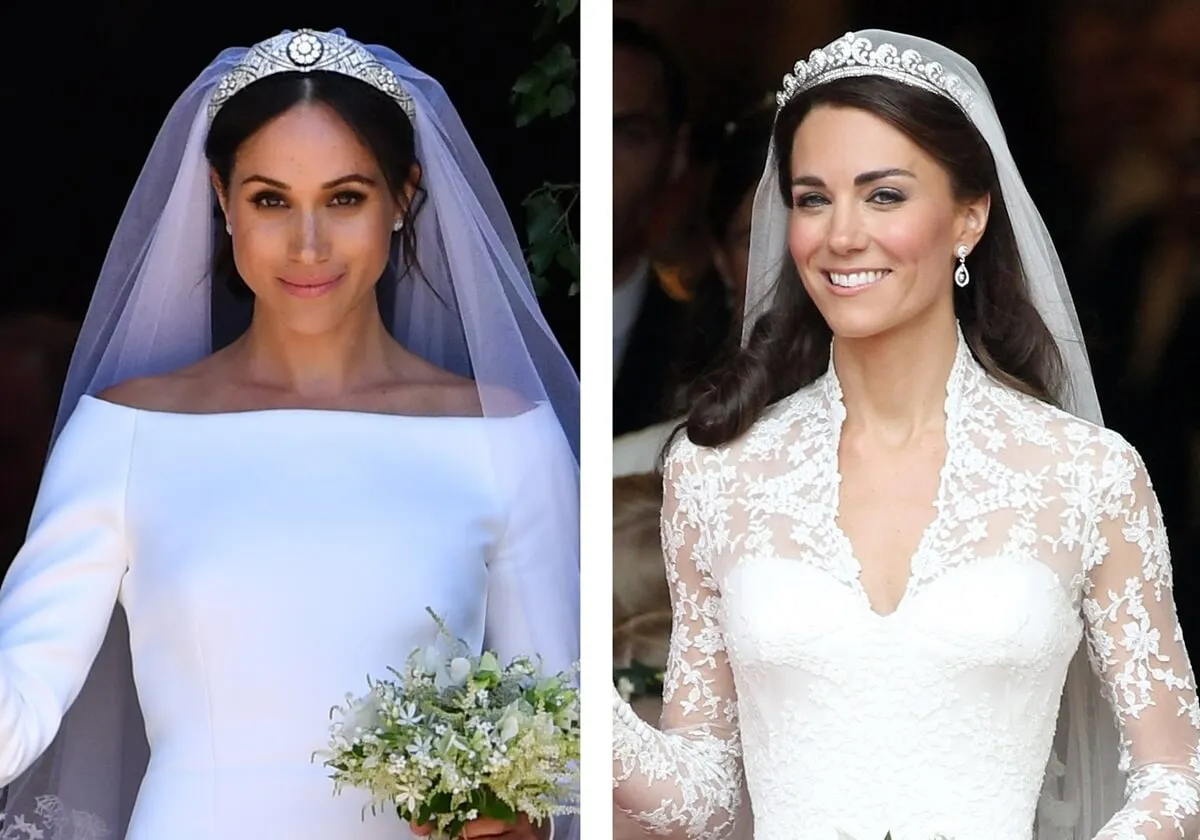
James Cameron Didn’t Want His ‘Avatar’ Sequel to End up Like ‘The Matrix Reloaded’
Movie maker James Cameron had a high opinion of the first Matrix film. He even believed that he helped inspire the 1999 sci-fi feature. But when making the Avatar film, he felt The Matrix sequel showed him what not to do with his own sequels.
James Cameron didn’t want his ‘Avatar’ sequel to end up like ‘The Matrix Reloaded’

Cameron has sung the praises of 1999’s The Matrix quite a few times. The feature from the Wachowskis had a basic premise that was similar to Cameron’s own Terminator. But it took that familiar concept to a direction that even impressed the Oscar-winning director.
“I look at a film like The Matrix for example and I see little snippets of DNA from The Terminator in there and I’m fine with that. It’s like, ‘Great!’ I can celebrate that,” Cameron told Deadline.
Cameron saw Terminator influences in the Wachowskis’ work. But the filmmaker didn’t have issues being a possible source of inspiration.
“I think The Matrix is one of the most profoundly fresh science fiction films ever made and yet I do see snippets of Terminator DNA in it. And I’m flattered by that. I like that because I kicked the ball down the field and somebody else took it and ran with it. They did something great,” he said.
His opinion wasn’t high on The Matrix sequels, however. But he did learn valuable lessons from 2004’s Matrix Reloaded that he’d keep in mind for his own sci-fi franchise Avatar.
“I’m writing it as separate stories that have an overall arc inclusive of the first film,” Cameron once told LA Times (via Collider). “I don’t want to suffer from the Matrix 2 problem, where it just ends, like, what the hell? It’s gotta end. There’s gotta be a sense of conclusion, but also a sense that the journey will continue, and that’s a fine line.”
James Cameron wanted to compete with other sci-fi franchises with his ‘Avatar’ series
Cameron had high hopes for his Avatar series going forward. He didn’t want to just confine Avatar to the big-screen, but he hoped to expand its story with a possible novel.
“It gets into the nuts and bolts of the Na’vi culture, their lore and mythology, and has more about Dr. Grace [ Sigourney Weaver’s character] and her time on Pandora, but it doesn’t go beyond the end of the film other than to tease a little bit about what’s going to happen next,” Cameron once told Chicago Tribune. “It will also be the bible for any future publication, a look-up guide for future writers who can come in and work within the world.”
The novel would also serve another purpose. In addition to helping him write future Avatar sequels, it would help his series rise to the same level as other sci-fi franchises. Which Cameron felt was important in the cinematic landscape.
“You’ve got to compete head on with these other epic works of fantasy and fiction, the Tolkiens and the Star Wars and the Star Treks,” Cameron said. “People want a persistent alternate reality to invest themselves in and they want the detail that makes it rich and worth their time. They want to live somewhere else. Like Pandora.”
However, Cameron was also careful not to have the Avatar novels end up like Star Trek’s, which he considered sloppy.
“Think about all the Star Trek novels and how they contradicted each other for a few years and it made it tricky to be a Trekkie for a while,” he noted.


